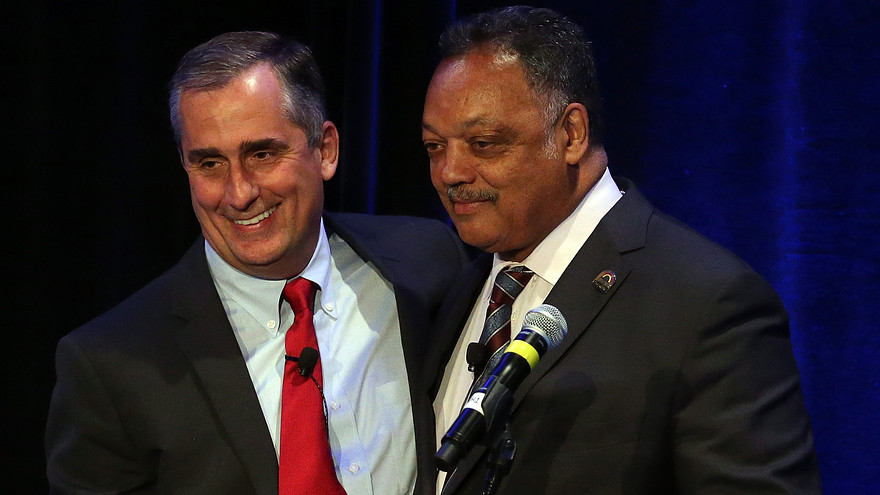
Author: DigiStaff
01 Jun Silicon Valley Diversity: Why Innovating With People Is As Important As Innovating With Technology
In the inaugural episode of Bay Area-based HBO comedy Silicon Valley, now in its second season, the CEO of Hooli (think: fictional Google GOOGL -0.26%) Gavin Belson stands in his sprawling, high-rise office with his spiritual advisor and peers out across the quad. “It’s weird,”...




